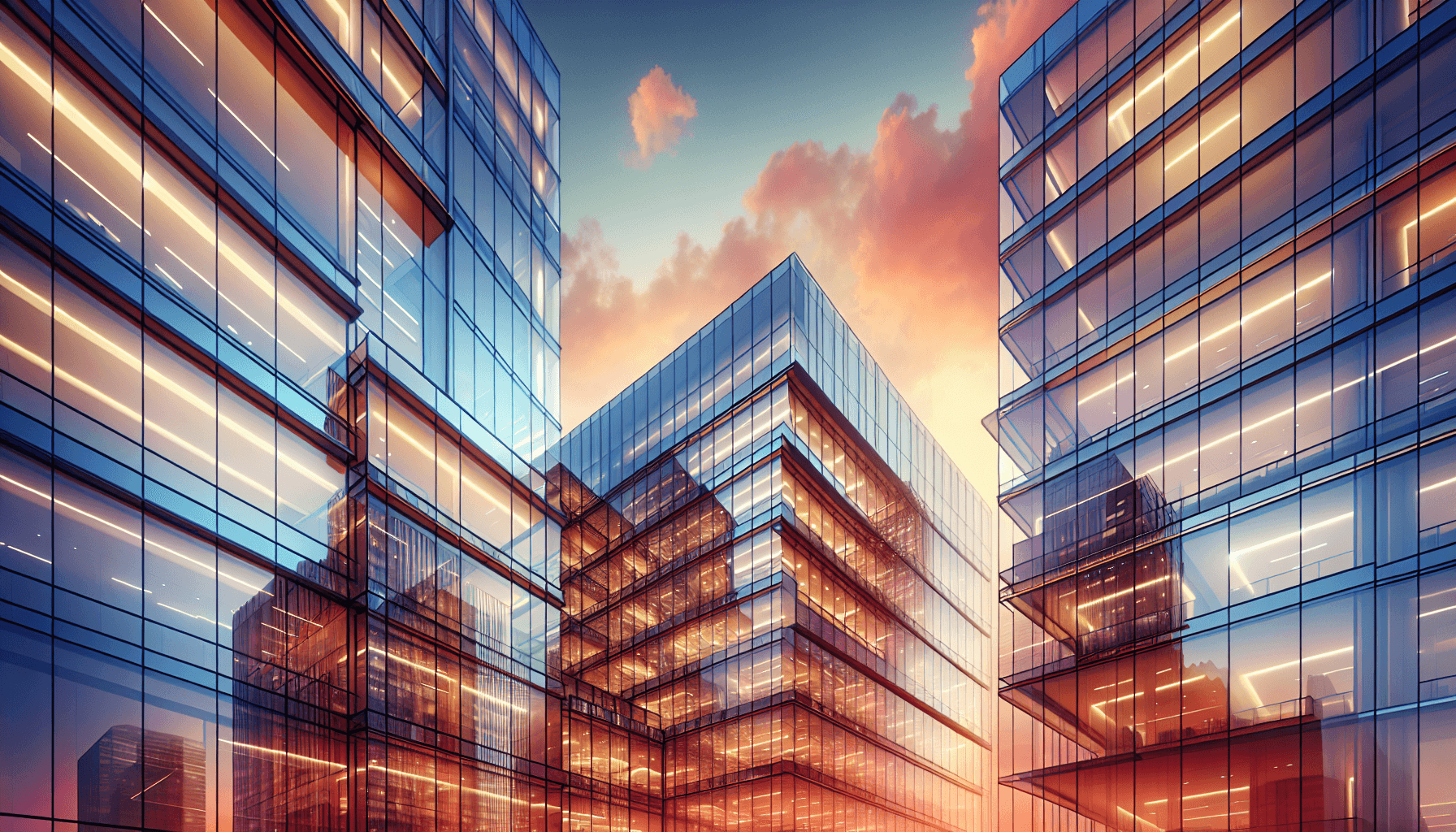What is a Lifestyle Center in retail real estate development?
The Evolution of Retail Spaces
Shopping centers have changed dramatically over the past few decades. Traditional enclosed malls, once the cornerstone of retail development, have made way for fresh retail concepts that better match how people want to shop and spend time. This shift reflects our desire for more authentic, community-focused shopping experiences rather than just places to buy things.
Lifestyle Center: A lifestyle center is an outdoor shopping complex designed to resemble a traditional downtown or main street, featuring upscale retail stores, restaurants, and entertainment options in a pedestrian-friendly environment. These centers typically combine retail with other amenities like outdoor seating areas and landscaped walkways, while parking is concentrated around the outer edges.
Key Components of Lifestyle Centers
Physical Design Elements
The architecture of lifestyle centers pulls inspiration from classic main street designs. You'll find wide, tree-lined sidewalks perfect for window shopping, street-facing storefronts with unique character, and plenty of outdoor gathering spaces. Unlike traditional malls, parking doesn't dominate the landscape - instead, it's thoughtfully placed around the perimeter, keeping the core area pedestrian-friendly.
Tenant Mix
The stores and services you'll find in lifestyle centers create an upscale shopping experience. Think boutique fashion retailers, local restaurants with outdoor patios, and entertainment options like movie theaters or bowling alleys. Many centers also include service businesses such as salons, fitness studios, and medical offices to make them true one-stop destinations.
Benefits and Advantages
For Shoppers
Shopping at lifestyle centers offers a more relaxed experience than traditional malls. You can enjoy fresh air while browsing, meet friends for coffee at outdoor cafes, and find convenient parking near your favorite stores. These centers often become community gathering spots, hosting events like farmers markets or outdoor concerts.
For Retailers
Businesses benefit from reduced common area maintenance costs compared to enclosed malls. The open-air format typically means lower utility expenses, while the upscale environment attracts customers with higher spending power. Stores also benefit from natural foot traffic and cross-shopping between complementary businesses.
Comparison with Traditional Retail Formats
Unlike enclosed malls, lifestyle centers create an authentic street-shopping experience. They differ from strip centers by offering a more curated tenant mix and sophisticated architecture. Power centers focus on big-box retailers, while lifestyle centers emphasize smaller, upscale shops. Mixed-use developments might include office or residential components, but lifestyle centers maintain a primary focus on retail and entertainment.
Success Factors
The success of a lifestyle center depends on several key elements:
Strategic location in affluent areas with strong demographic profiles
Careful selection of complementary tenants
High-quality architectural design that creates a sense of place
Regular property maintenance and updates
Future Trends and Evolution
Lifestyle centers continue to adapt to changing consumer preferences. Many now incorporate mobile apps for parking and store navigation, while others add solar panels and green building features. Some centers are expanding to include office space or residential units, creating mini-communities where people can live, work, and shop.
Common Challenges and Solutions
Weather can impact shopping patterns in outdoor centers, but smart design elements like covered walkways and heating elements help minimize these issues. Online shopping competition exists, but lifestyle centers focus on creating experiences that can't be replicated digitally. Regular maintenance keeps the property attractive and justifies premium rents.
Investment Considerations
While development costs for lifestyle centers often exceed traditional retail formats, they can command higher rents and attract stable, long-term tenants. Success requires thorough market analysis and understanding of local demographics. These properties often maintain their value better than traditional retail centers, making them attractive long-term investments.
The Role of Lifestyle Centers in Modern Retail
Lifestyle centers represent a significant shift in commercial real estate, offering a fresh take on retail development that matches current consumer preferences. They create value through experience-based shopping environments that online retail can't match.
Ready to Explore Retail Investment Opportunities?
If you're interested in retail property investment, Bellhaven Real Estate can guide you through the process. Our team understands the nuances of lifestyle center development and management. Schedule a consultation to discuss how these properties might fit into your investment portfolio.

